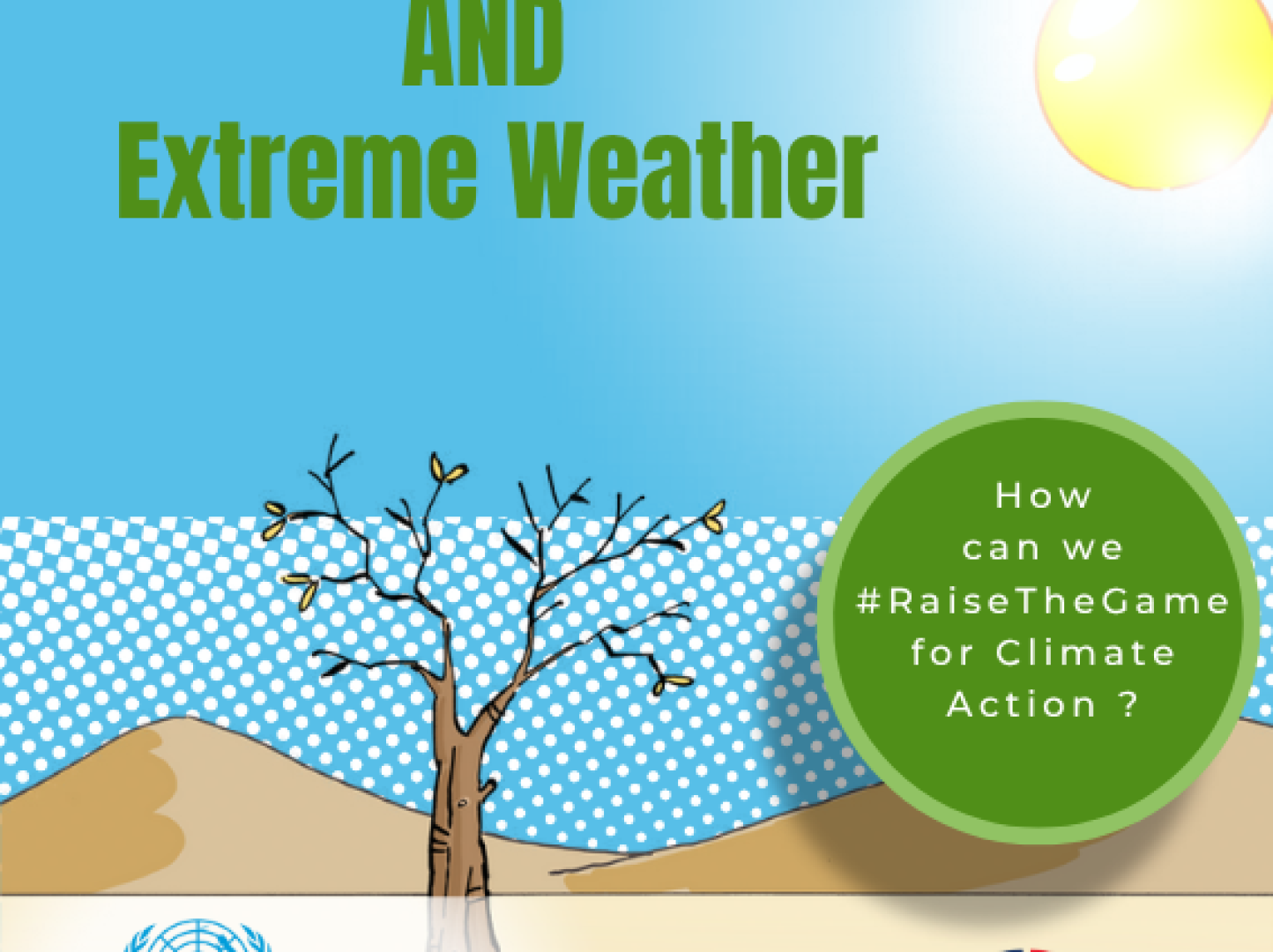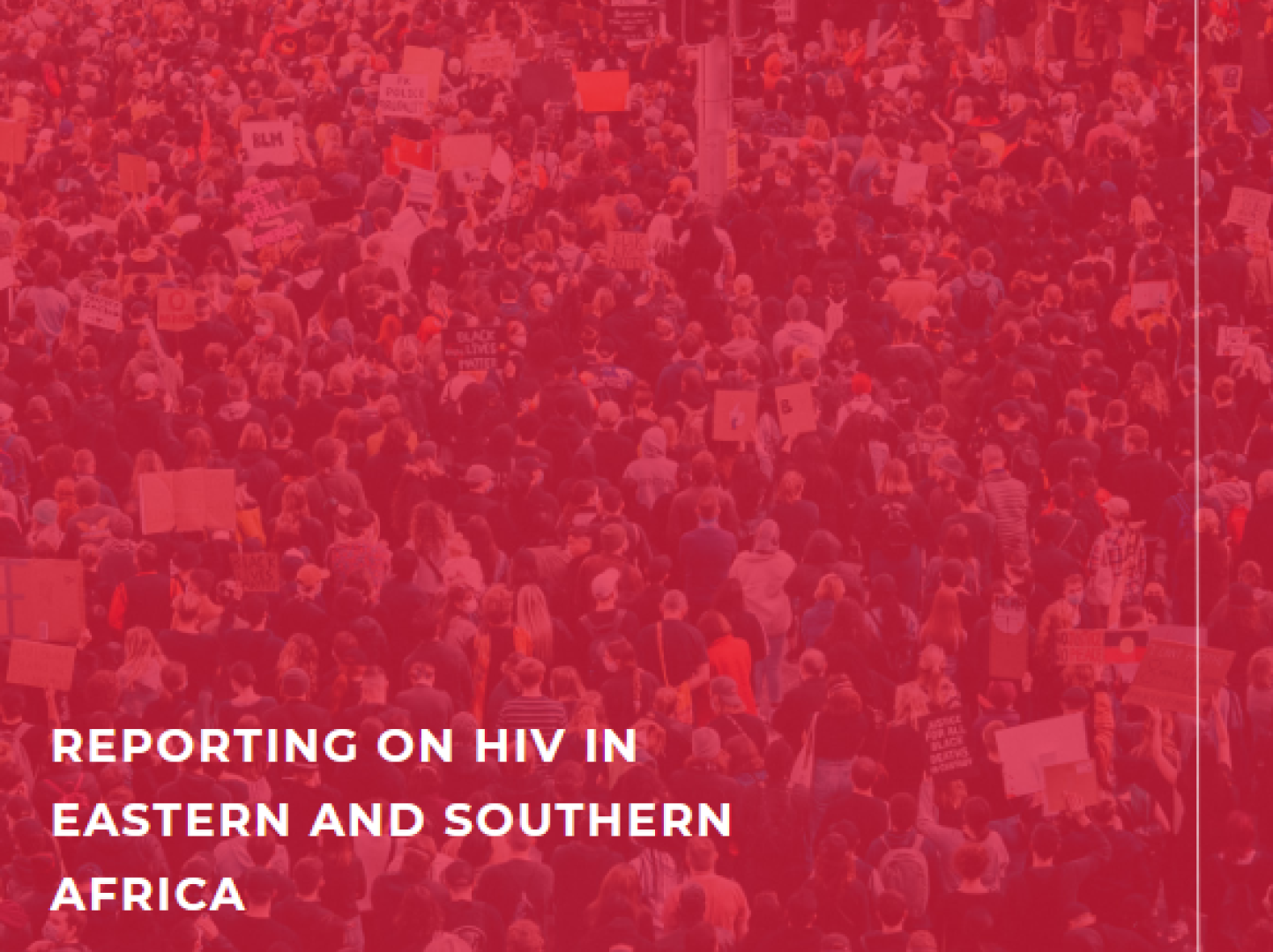United Nations Sustainable Development Cooperation Framework (UNSDCF) SOUTH AFRICA 2020-2025
The United Nations Sustainable Development Cooperation Framework (Cooperation Framework) 2020-2025 outlines the UN development system´s collective commitment to support sustainable development in South Africa in line with national, regional, and global development priorities.Itis aligned to South Africa´s long-term National Development Plan (NDP) 2030, which recognises the environment and science and technology as central drivers of change, and the Medium-Term Strategic Framework (MTSF) 2019-2024, and firmly anchored in the 2030 Agenda for Sustainable Development and the UN Charter. With this framework, the UN Country Team seeks to realise the UN Secretary-General´s reform at country level, through improving coordination, integration, and efficiency for real transformative impact for all people in South Africa.
South Africa is an upper-middle income country, with a diverse, young, and growing population of 58 million. Since 1994, the country has been a multiparty democracy. It has a great diversity of biomes, ecosystems, and species, and world-renowned protected areas.
South Africa is the second largest and most industrialised economy on the continent and, as the current chair of the African Union (AU) and a member of both BRICS and G20, it holds significant regional influence. However, despite notable development progress, more than half of South Africans live in poverty, nearly one third are unemployed and over a quarter of the population are food insecure. Economic growth is insufficient and overly reliant on carbon intensive energy and climate change sensitive sectors. High levels of violence and crime, and persistent structural racial, economic, spatial, and gender inequalities impede social cohesion and undermine the national objective of being a developmental state founded on the principles of equality and shared common values.
South Africa´s national development priorities focus on addressing poverty, inequality, and unemployment. The MTSF aims to fast-track implementation and calls for strengthened accountability and closer integration among the three spheres of government. With this Cooperation Framework, the UN in South Africa brings together the expertise and resources of 15 UN agencies to advance national implementation of the Sustainable Development Goals (SDGs). Leveraging its global presence, normative role and unique partnerships, the UN will enhance domestic delivery capacity as well as horizontal and vertical policy coherence, and will constantly drive for sustainable innovations that leave no one behind. The UN is also committed to strengthen its internal efficiency and harmonise business operations between agencies. In keeping with the principle of Delivering as One, the framework represents the entirety of the UN’s activities in South Africa and UN entity-specific country programmes will be derived from it to guarantee coherent and results focused programming.
The Cooperation Framework was developed through a participatory process between August 2019 and May 2020. It is based on a situational analysis, including the findings of the draft UN Common Country Analysis (2019). The framework´s overall goal is that people in South Africa live prosperous and healthy lives in a safe and cohesive society that protects and values environmental sustainability, which is underpinned by four strategic priorities
1. Inclusive, just, and sustainable economic growth: reduce persistent social and economic inequalities for men and women in the public and private sector, support re-structuring of the economy to make it more representative and inclusive of all people, promote equality for youth and other marginalised groups, and increase productivity and enhance value chain development across economic sectors towards a greener, more diversified and more people-centred economy in South Africa.
2. Human capital and social transformation: improve inclusion and access to social services, such as health, well-being, and quality education, and strengthen enjoyment of human rights and protection from violence, discrimination and violations for the most vulnerable and marginalised populations.
3. Effective, efficient, and transformative governance: improve rights-holders’ access to justice and participation in democratic processes and ensure effective delivery of public services and functioning of oversight institutions.
4. Climate resilience and sustainably managed natural resources: accelerate South Africa´s just transition to a low-carbon society and strengthen climate change resilience of vulnerable and marginalised communities and improve efficient and environmentally-sound management and utilisation of natural resources.
Within the four strategic priorities are nine multisectoral and inter-dependent outcomes to which the UN in South Africa, in collaboration with government and other national and international partners, will contribute. The framework will be implemented through Joint Work Plans (JWPs) agreed with government ministries and agencies, and will be executed together with a range of implementing partners. The UN will prioritise joint strategies to mobilise resources for the Cooperation Framework and for supporting SDG financing in South Africa. The Joint Steering Committee, co-chaired by the government and the UN, will annually review progress against the framework and unlock potential programmatic or governance bottlenecks to ensure delivery of results.



















